The PAYTECH Book
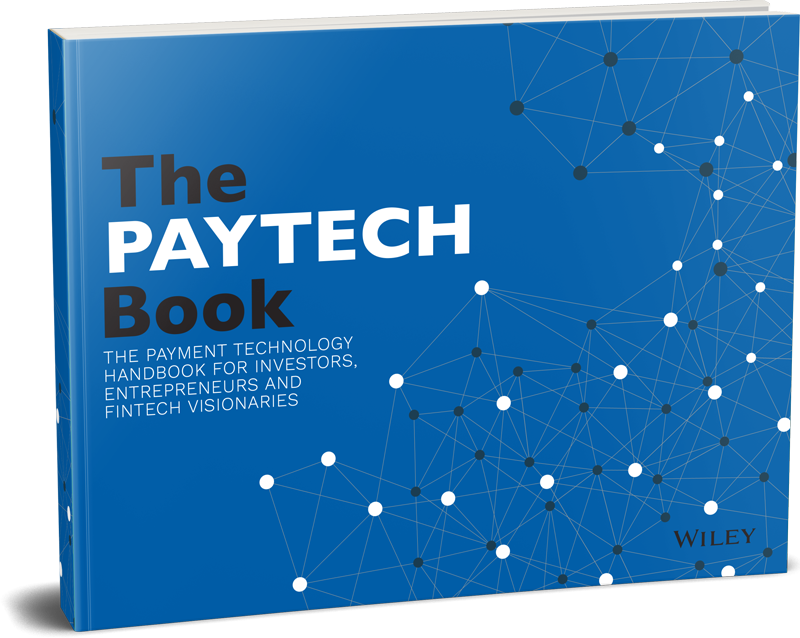
The PAYTECH Book is the payment technology handbook for investors, entrepreneurs and finance visionaries.
Get up to speed on the latest industry developments, grasp the market dynamics of the ‘fintech revolution’, realize the sector’s potential, and gain expert insight on investment and entrepreneurial opportunities.
Book editors

Markos Zachariadis
MARKOS ZACHARIADIS is Full Professor and holds the Greensill Chair in Financial Technology (FinTech) & Information Systems at the Alliance Manchester Business School, University of Manchester; a Council member at the World Economic Forum, and a FinTech Research Fellow at the University of Cambridge. Markos’ research sits at the cross section of economics & strategy of digital innovation, financial technology studies, and network economics, and has studied extensively the economic impact of ICT adoption on bank performance, the diffusion of payment networks, and the role of data & standards in financial infrastructures and markets. His research has been published in top academic journals and books and has been awarded the NET Institute award for his study on the economics of payment networks, and the SWIFT Institute and GRI awards for his research on Open APIs and Digital Transformation in Banking. He holds an MSc and PhD from the London School of Economics.

Robert Courtneidge
ROBERT COURTNEIDGE is Moorwand’s Global Head of Cards & Payments. Robert is noted for his knowledge and experience in the e-money area, where he has acted on matters for major financial institutions around the world, as well as for internationally well-known technology providers. He has more than 26 years of experience in the cards and payment systems and is skilled in all aspects of consumer finance issues, including consumer protection, banking regulation and compliance and data protection.

Susanne Chishti
SUSANNE CHISHTI is the Founder and CEO of FINTECH Circle and the FINTECH Circle Institute, the leading peer-to-peer learning platform providing in-person and online courses across fintech enterprise innovation, wealthtech, insurtech, artificial intelligence and blockchain applications in finance, crypto-currencies and startup methodologies. As Co-Editor of the global Bestseller The FINTECH Book, she has been selected as a “City Innovator – Inspirational Woman” in 2016 and one of the top 100 fintech influencers globally in 2019 after working for 14 years across Deutsche Bank, Lloyds Banking Group, Morgan Stanley Investment Management and Accenture in London and Hong Kong.

Tony Craddock
TONY CRADDOCK is Director General of the Emerging Payments Association (EPA). Often outspoken and – by his own admission – not always right. Tony is passionate about helping companies succeed in fast growing markets such as payments. Tony believes that being part of a community like the EPA “allows us all to be part of a powerful catalyst for growth and payments innovation”. An enthusiastic public speaker and colourful media commentator about everything to do with payments. He’s a ‘serial entrepreneur’ whose biggest challenge is to develop his current portfolio rather than coming up with yet more great ideas. Cycling with mates keeps him out of the pub/house/trouble at the weekend. He doesn’t buy a newspaper out of principle (“it’s always yesterday’s news and everyone has it.”).
About the book
The PAYTECH Book is the first crowdsourced book on payment technologies and new business models in the global payment sector published by Wiley. It brings together entrepreneurs, investors and PayTech experts, who exclusively share their visions and unique insights on the nature of payments, payment systems infrastructures, regulations, the impact of new technologies such as blockchain/DLT and AI as well as provide case studies and projections about the future of payment innovation.
The book is co-edited by a team of four recognised FinTech and PayTech thought-leaders with decades of industry experience.

Table of contents
From banknotes and coins, to plastic cards and mobile devices, payments have evolved over the centuries to include a number of instruments and means that help financial transactions to take place. But what exactly is a payment and how are these cleared and settled in a modern financial system? What are the elements which are necessary in order to facilitate a payment? This chapter looks at the broader question of “what’s in a payment?”, and attempts to provide explanations and descriptions of the various stages and elements of payment systems. It looks at these from historical, technological, procedural and social perspectives.
This part looks at the payment technologies, fund-transfer systems, and global infrastructures that facilitate payments around the world. It is a collection of case studies and in-depth analyses of existing technologies and infrastructures that provide payment solutions to the finance industry and beyond. This includes descriptions and roles of payment schemes and systems; cross-border infrastructures and recent initiatives; card payment infrastructures; mobile money and payments initiatives; and developments in the space of digital currencies. It also contains chapters on the respective technologies, standards, and cybersecurity solutions and how these transform the future of money.
No PayTech book would be complete without a review of the ways in which regulation and compliance with industry rules and standards is evolving. In this third part of the book our authors aim to give an insight into how the Fintech landscape has been both enhanced through growth in competition and the opening up of the old incumbents as well as the hurdles that are being thrust in the way. We answer all these questions and much more by looking at the new products and services being created as well as at laws and regulations we expect to come through.
In this part we look at how the massive growth in cryptocurrencies and blockchain technology solutions has created its own set of new legislation and ways of interpreting existing legislation to ‘fit’ these new products. Some countries are writing new legislation with a view to lure cryptocurrencies to open shops in their territories, whilst others are trying to snuff out what they see as an attack on their sovereign currencies. We explore Initial Coin Offering (ICO) and various types of tokens, all of which have different treatments by regulators.
This part features examples of best practice in using payments to solve problems for consumers, governments and businesses. These case studies show that there is no end to the creativity of the payments industry. Creativity in how problems are solved, how payments products and services are distributed, and how business models enable significant returns on investment and growth in shareholder value. You will discover ways in which payments is being used to move money cost-efficiently, in real time, and at near-zero cost. And how behind the scenes, innovation across the payments ecosystem is helping solve problems across different industries.
In this part we answer some of the most pressing questions of our time. How will banks and PayTech collaborate? What is the role of central bankers and global institutions in creating the right backdrop for such collaboration? How do massive data flows being associated with payments create huge risks of privacy breaches and financial crime? And huge opportunities for the payments industry? Where in the world is innovation happening fastest? What identifiers will dominate, NFC or QR codes? How may smart contracts and DLT shape future payments systems? And how we solve the problem of financial exclusion?
The PAYTECH Book is part of FINTECH book series, crowd-sourced from a community of experts.
Access and leverage the most relevant information, resources, and opportunities in fintech today.
Global FINTECH Expertise
Innovation by Collaboration
Visionaries & Opinion Leaders
The FINTECH Book series.
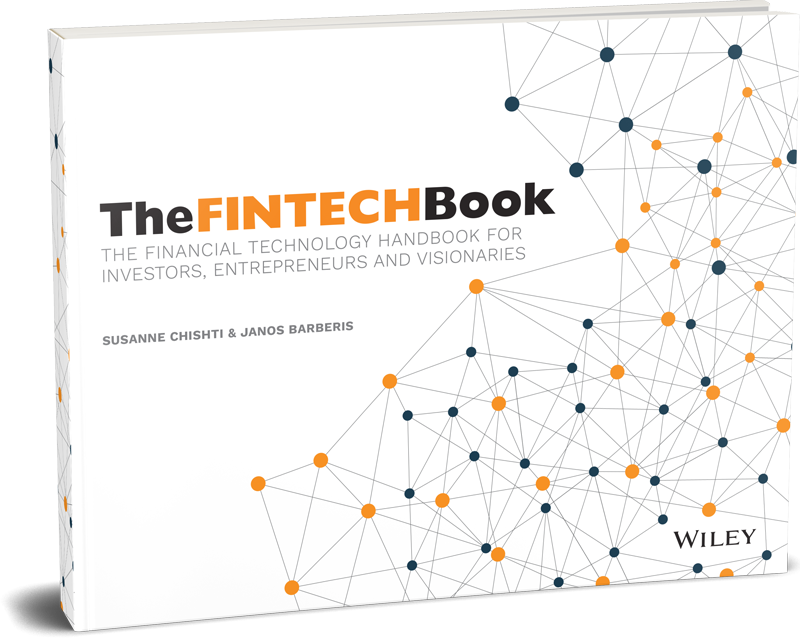
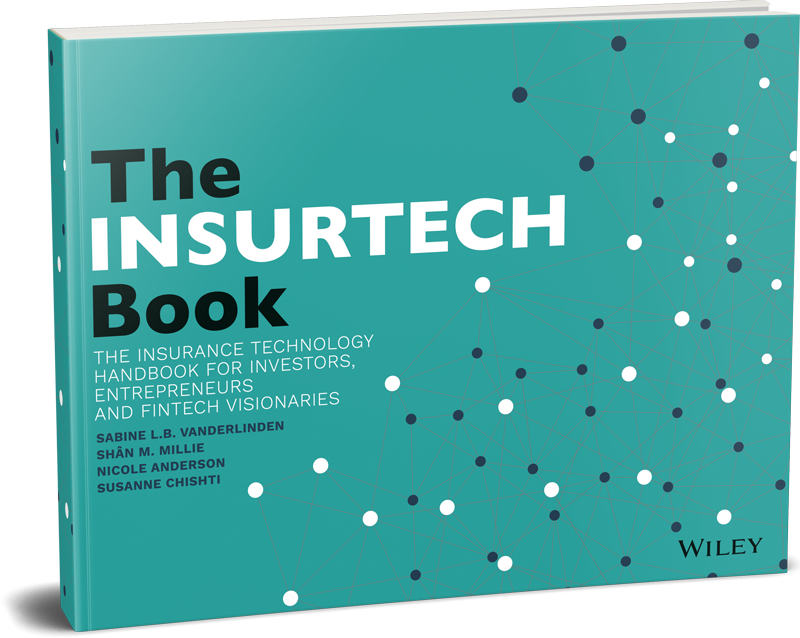
The definitive compendium for the Insurance Digital Revolution. Essential updates, critical thinking and actionable insight from this evolving ecosystem.
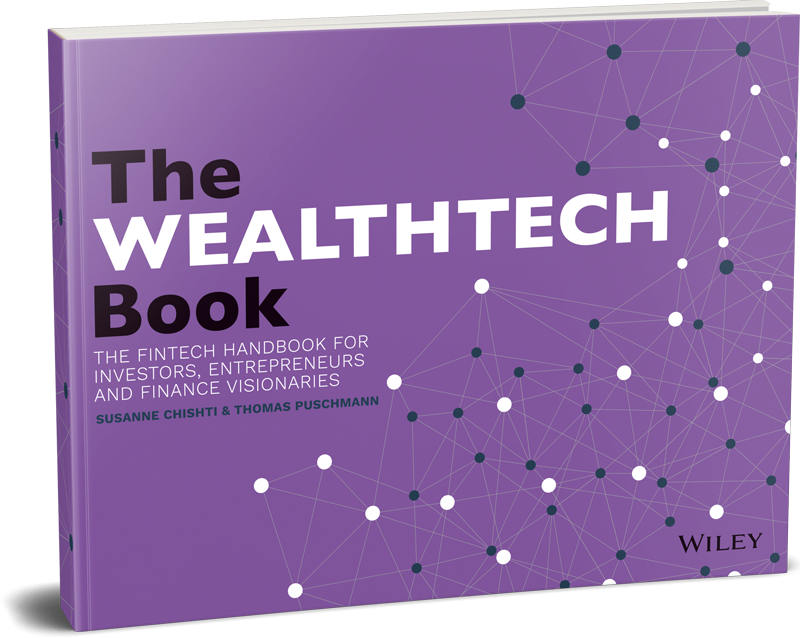
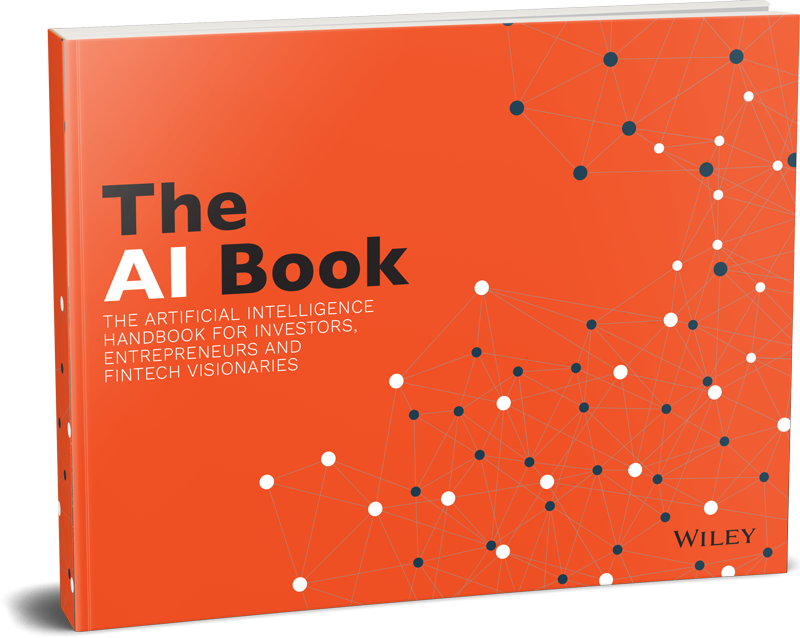
The AI Book is your primary guide to applications of artificial intelligence to the financial industry.
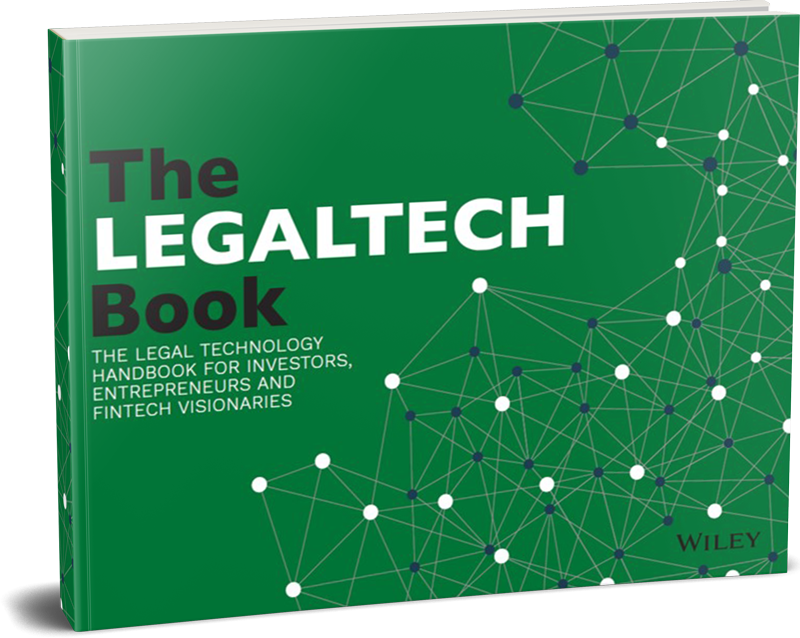
The first crowdsourced book on legal technologies and innovations focused on the financial services sector.
All books are published by
